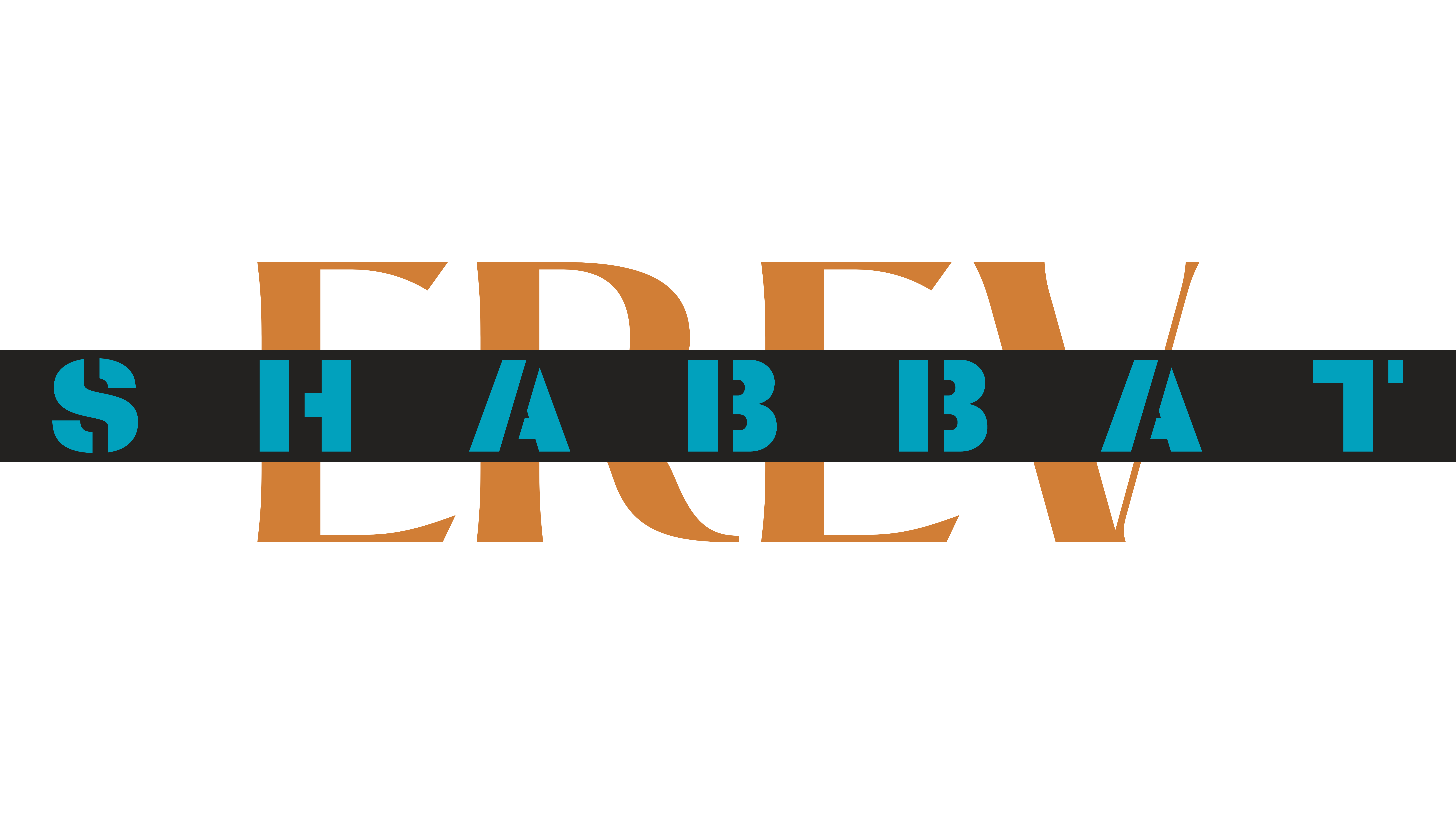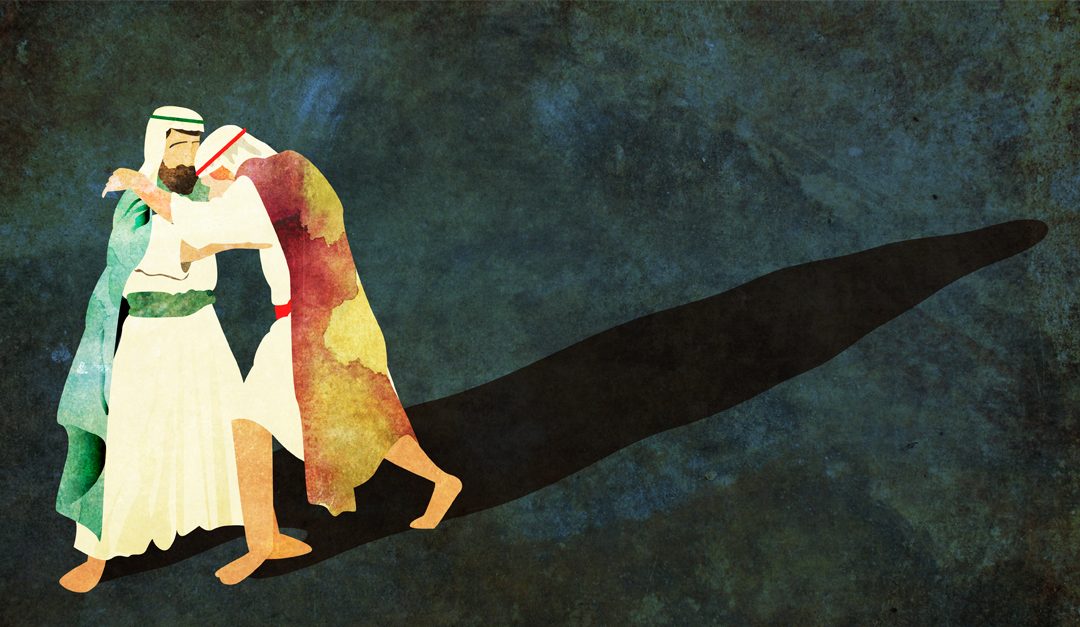Peace with the enemy
Jacob departs from Laban’s land with his family and cattle. He sends messengers to his brother Esau, informing him of his substantial wealth. The messengers return with news that Esau is approaching with 400 heavily armed soldiers. Having been separated for 20 years, the passage of time has not assuaged Esau’s anger. Fearing the encounter, Jacob divides his people into two groups, intending to preserve one if the other is besieged by Esau’s troops. In this moment of anxiety, Jacob turns to Yahuwah of Hosts in prayer.
So we see a man in danger to whom comes a “good idea” in order to solve his problem, then goes before Yahuwah begging for his help.
Many of the challenges I’ve faced in my life, excluding those ordained by Yahuwah as trials, stemmed from a similar inverted process. Most of my troubles were consequences of initially having what seemed like a very good idea, implementing it immediately, and only turning to seek help from Yahuwah afterwards. It’s common for us to envision ourselves as devout believers, sufficiently pure and faithful to make immediate judgments and decisions based on our perceived wisdom. However, this often leads to problems. Fortunately, these problems serve as a loud wake-up call, helping us recognize our mistake and understand that Elohim is the only solution to all our troubles.
After awakening the beast, Jacob elaborates another strategy. He wants to redeem himself literally with his brother. He tries to establish a long lasting peace by mutual agreement and win his sympathy if not his love. As a gesture of submission to his brother’s authority, Jacob offers Esau a portion of the wealth he has received from Yahuwah.
As we can read, for some unknown reason, Esau burst into tears at the sight of his brother and his family. It would seem that Yahuwah had accomplished in him what he had done in Laban in last week’s parashat when he ordered him not to harm Jacob, his servant.
The adversary, however, doesn’t give up easily. Initially, he suggests to Jacob an alliance with all his possessions, which Jacob refuses. Esau then attempts to persuade Jacob to accept an escort of some of his men for the journey, but Jacob subtly declines that too. This illustrates how the enemy is unwilling to release his grip and strives to maintain some control or influence over the life of those who are walking on the path of Elohim.
In the end, Esau acknowledges that he has received only the secondary blessing from his father.
Observing Jacob’s situation, the years of servitude with his father-in-law, Esau comes to a realization. He understands that he has no desire for a blessing that leads to such a difficult journey like his brother’s. Esau likely did not exert the same effort as Jacob in order to amass his wealth. One can imagine how a skilled hunter like Esau could have accumulated riches. Esau is a man of the world, finding true comfort and contentment only in this world—where hunting, plundering, and immediate enjoyment of possessions are permitted.
Esau fails to comprehend and is incapable of understanding the essence of Jacob’s blessing. This blessing is not rooted in earthly pleasures and rapid success. There is no assurance that the fulfillment of the blessing will occur within the lifetime of the recipient.
The true blessings of Yahuwah are long term and concern many people and generations. Jacob’s blessing is for the whole people and stands forever. The greatest blessing for a believer is to know that it is his children, his offspring that is going to enjoy the fruits of his devotion. By transmitting the spiritual heritage from generation to generation, the blessing continues to grow.
For a man of the world like Esau, a favorable blessing is one that yields immediate fruits, catering to the individual’s well-being without significant concern for the future of his children and even sometimes for his own. For many, the importance of children lies only in their ability to enhance the parents’ image in the eyes of the world. Typically, a child is valued only as long as the parents can take pride in their beauty, stature, strength, intelligence, or any other qualities relevant to current life.
However, for us, the true blessing is when we see the fruits of our labor in our descendants. When, through our ministry and our example, our own children, once adults, remain under the domination of Yahuwah and the Messiah. Thus perpetuating the spiritual heritage inherited from us and which they will then pass on in turn to their own children so that the fruits nourish our descendants for up to a thousand generations.
Next Parasha: VAYESHEV
VIDEO VERSION

